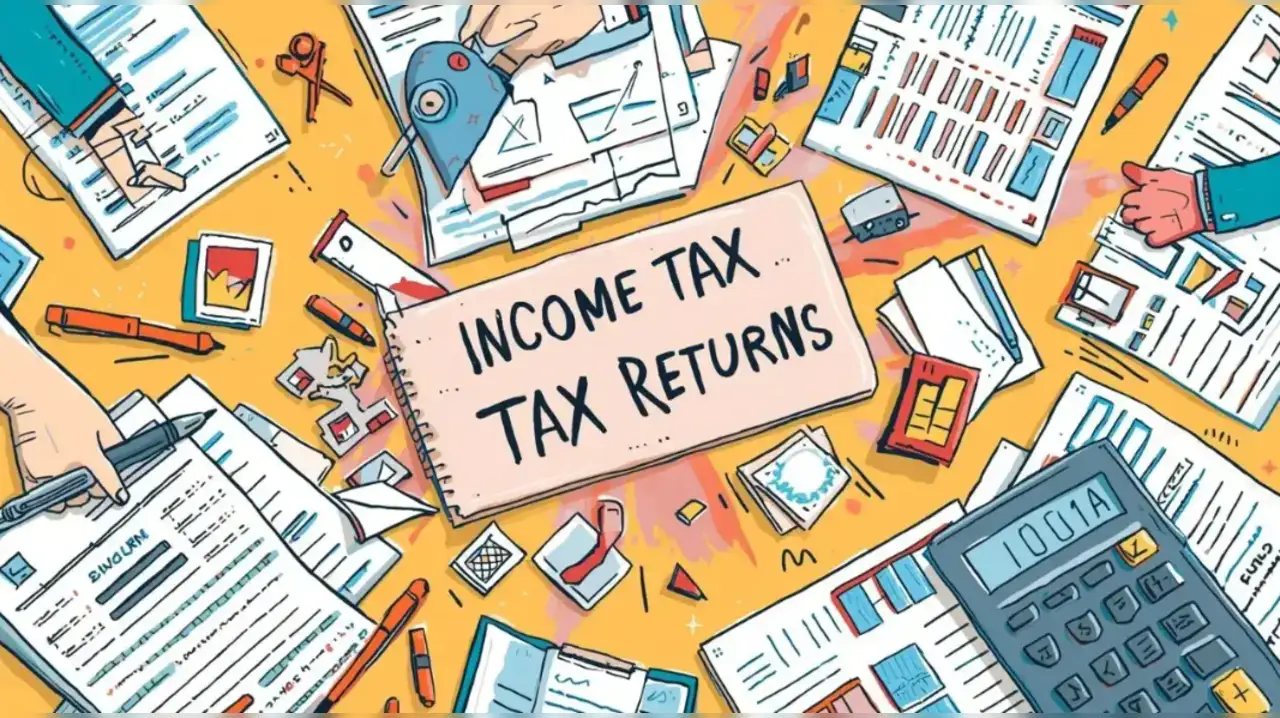By Priya Raghuvanshi
Copyright timesnownews

After submitting your income tax return (ITR) by the extended deadline of 16 September 2025, many taxpayers are anxiously waiting for their refunds. This refund is often the most eagerly anticipated part of the tax filing journey. But how long does it usually take before the money lands in your bank account? Once your ITR is successfully e-verified, the refund process kicks off. For simple cases, many taxpayers receive refunds within a few days. Some have even reported same-day credits, particularly when the refund amount is small. On average, however, refunds are generally processed and credited within four to five weeks after filing. The time taken depends largely on internal assessments carried out by the Income Tax Department under Section 143(1). Smaller refunds tend to be faster, while returns involving larger sums or complexities often require more time. This year, the department’s enhanced scrutiny of deductions and exemptions claimed by taxpayers could also contribute to minor delays. Why Your Refund Might Be Delayed Delays in refund processing commonly happen when the return includes complicated elements such as capital gains or business income. In such situations, the department may conduct cross-verifications before releasing the refund. If discrepancies emerge, taxpayers may receive communication from the Income Tax Department and will need to respond promptly to avoid further delays. Experts note that while some refunds are credited in under a week, others may take up to a month, especially when there is a backlog of returns to process. Fortunately, if your refund is delayed, the Income Tax Department pays interest at a rate of 6 per cent annually, starting from 1 April of the assessment year. No Limit On Refund Amounts There is no maximum limit on the refund amount. Taxpayers are entitled to receive the full excess tax they have paid, whether via TDS, advance tax, or self-assessment.



